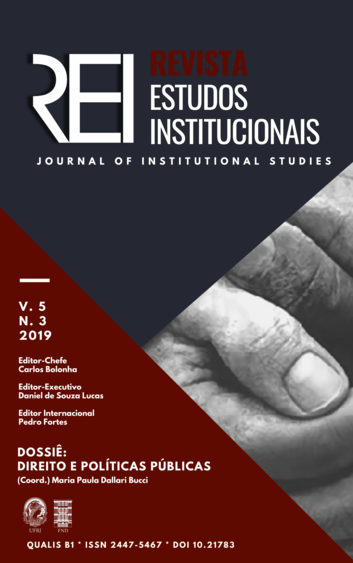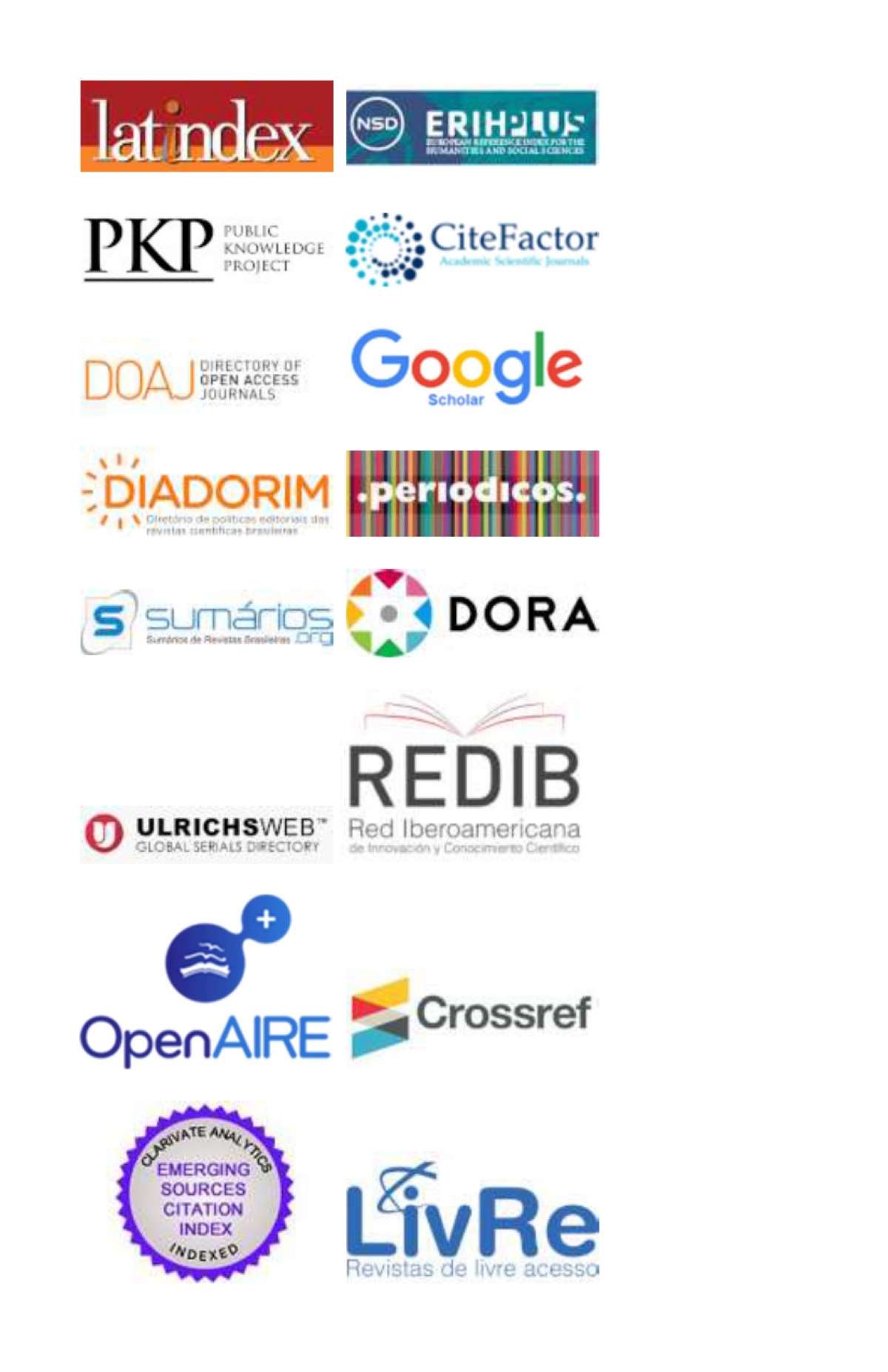THE TASK OF TEACHING LAW IN A FACULTY OF PUBLIC POLICY - THE CHALLENGE OF INTEGRATING AN INTERDISCIPLINARY EPISTEMIC COMMUNITY
DOI:
https://doi.org/10.21783/rei.v5i3.434Keywords:
Epistemic community, Law Teaching, Interdisciplinarity, Public policies.Abstract
The assumption that guides the assembly of courses in the field of public policy is clear: to form a good professional or a good researcher in the area it is necessary to make it transition through several fields of knowledge that, historically, were separated from each other. The challenge is: how to understand and practice the interdisciplinarity intrinsic to this proposal? More specifically, how to make the constant and necessary transition between different fields of knowledge not result, at the end, only a deficient formation, when considered from the point of view of each particular discipline, and fragmented, when considered as a whole? To indicate the core of the challenge of interdisciplinary formation, we use the concept of “epistemic community”, which is characterized by the fact that its members share, to a greater or lesser extent: a) a common language, endowed with certain concepts that are supposed to be apt describing field study objects, but which, well considered, are also constructing these study objects; b) a common assessment of what are the relevant problems to be solved with respect to these objects; c) tendency to standardize certain basic, pre-theoretical beliefs, which allow structuring the field of study; d) a shared view of what are valid, acceptable methods for addressing and solving the problems of the discipline (ZITO 2001; HAAS, 1992). The challenge of teachers of the public field lies in the dilemma of moving away from their communities of origin to forge their own interdisciplinary epistemic community, or maintaining the bond with their first epistemic community.
Downloads
References
BENEVIDES, Maria Vitoria de Mesquita. Cidadania e Democracia. Revista Lua Nova, n. 33, 1994.
BRUNET, Emiliano. Sobre a abordagem acadêmica de políticas públicas em um curso de graduação em direito: contribuição para um programa. REI - Revista de Estudos Institucionais, v. 5. n. 3, 2019.
BUCCI, Maria Paula Dallari. Fundamentos para uma teoria jurídica das políticas públicas. São Paulo: Saraiva, 2013.
BUCCI, Maria Paula Dallari. Método e aplicações da abordagem Direito e Políticas Públicas. REI - Revista de Estudos Institucionais, v. 5, n. 3, 2019.
BUCCI, Maria Paula Dallari; COUTINHO, Diogo. Arranjos jurídico- institucionais da política de inovação tecnológica: uma análise baseada na abordagem de direito e políticas públicas. In: COUTINHO, Diogo; FOSS, Maria Carolina; MOUALEM, Pedro Salomon (orgs.). Inovação no Brasil avanços e desafios jurídicos e
institucionais. São Paulo: Blucher, 2017.
COELHO, F. S. A Fase Embrionária do Campo de Públicas: O Processo de Expansão e Diversificação do Ensino de Graduação de Administração Pública no Brasil entre 1995 e 2006. Revista Administração em Diálogo, v. 21, n. 2, 2019, p. 240-267.
GRAU, Eros Roberto. Parecer para Philip Morris Brasil S.A. 1988. Disponível em: <http://bibliotecadigital.fgv.br/ojs/index.php/rda/article/download/47346/45752.> Acesso em: 29 set. 2019.
HAAS, Peter M. Introduction: epistemic communities and international policy coordination. International organization, v. 46, n. 1, 1992, p. 01–35.
KENNEDY, Duncan. The political significance of the structure of the Law School curriculum. Seton Hall Law Review, v. 14, n. 1, 1983, p. 01-16.
MARQUES, Eduardo; FARIA, Carlos Aurélio. A política pública como campo multidisciplinar (coletânea). Rio de Janeiro: Editora Fiocruz, 2013.
MARSHALL, T.H. Cidadania, classe social e status. Rio de Janeiro: Zahar, 1967.
SILVA, Luís Virgílio Afonso da. O proporcional e o razoável. RT, ano 91, n. 798, 2002.
SÃO PAULO. USP. Projeto Político Pedagógico do Curso de Graduação em Gestão de Políticas Públicas (GPP) da Escola de Artes, Ciências e Humanidades da Universidade de São Paulo. São Paulo, 2016. Disponível em: <http://www5.each.usp.br/wp-content/uploads/2015/11/PPP-GPP-2017.pdf>. Acesso em: 01 out. 2019.
ZITO, A. R. Epistemic communities, collective entrepreneurship and European integration. Journal of European Public Policy, v. 8, n. 4, 2001, p. 585–603.
Downloads
Published
How to Cite
Issue
Section
License
The authors hold their copyright and concede to the JOURNAL OF INSTITUTIONAL STUDIES the right to the first publication, in accordance with the Creative Commons Attribution license.
Authors are strongly encouraged to publish their manuscripts in other medias, such as institutional repositories and personal pages. The Journal only requires the credits of the first publication.






